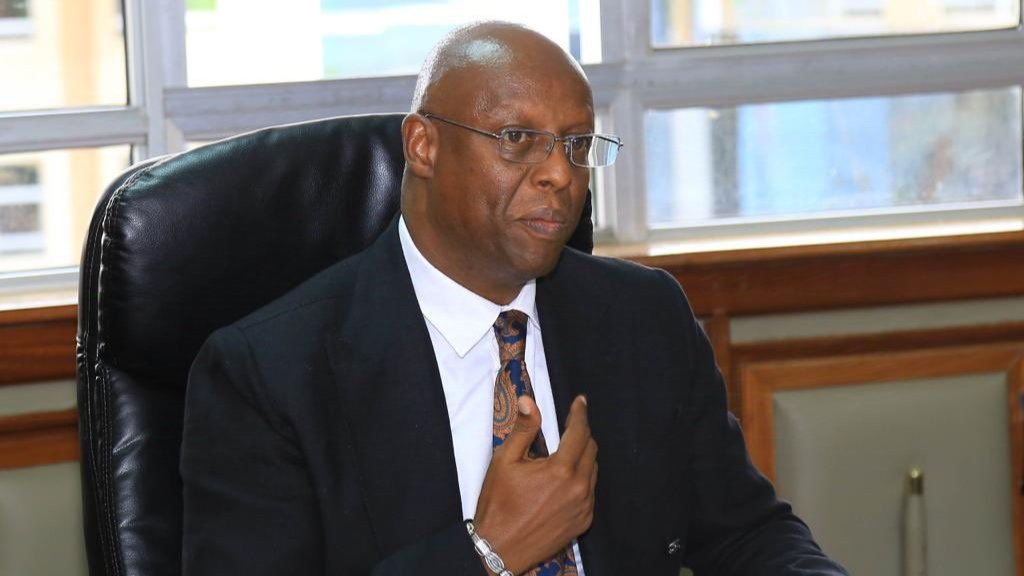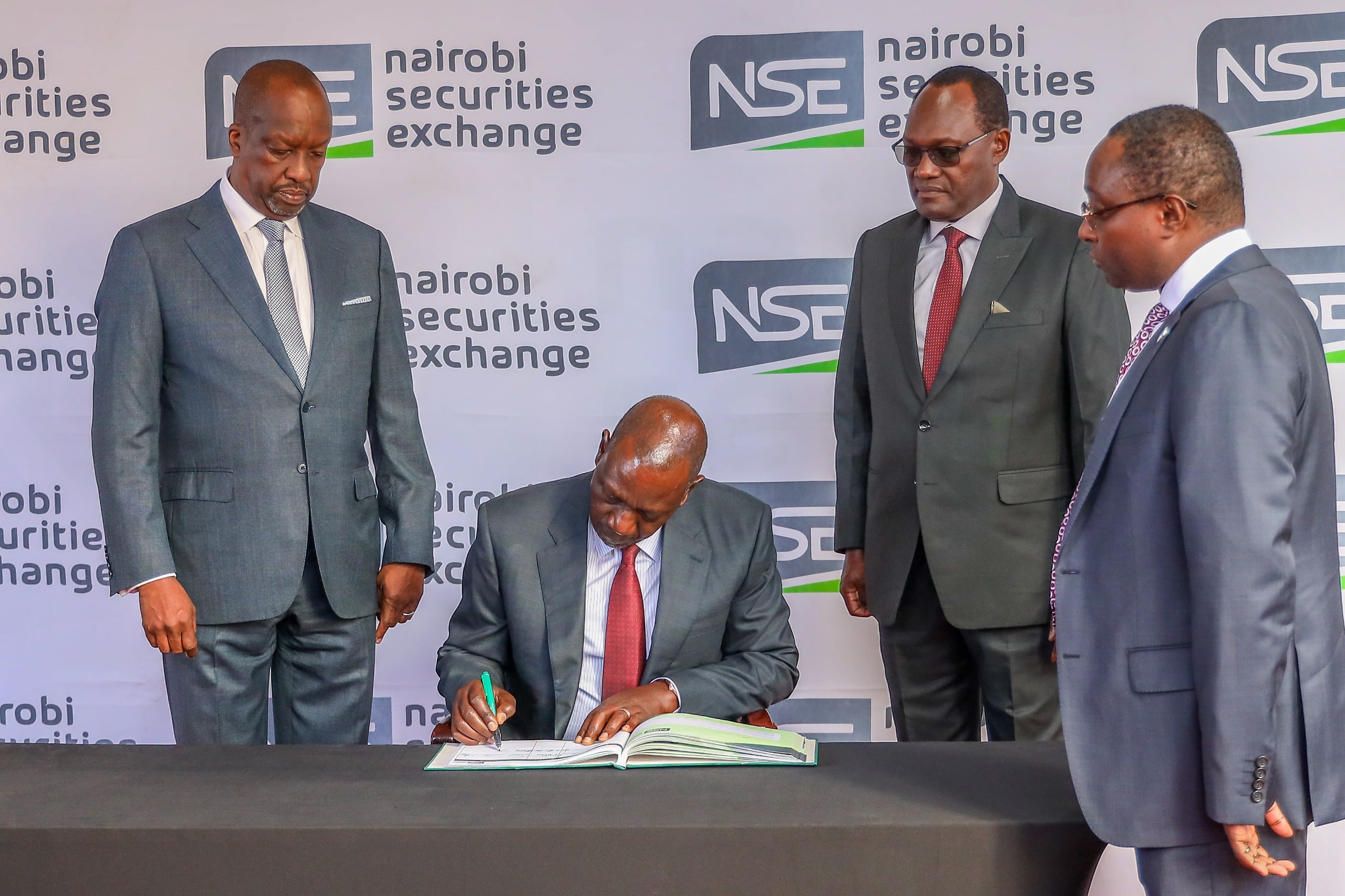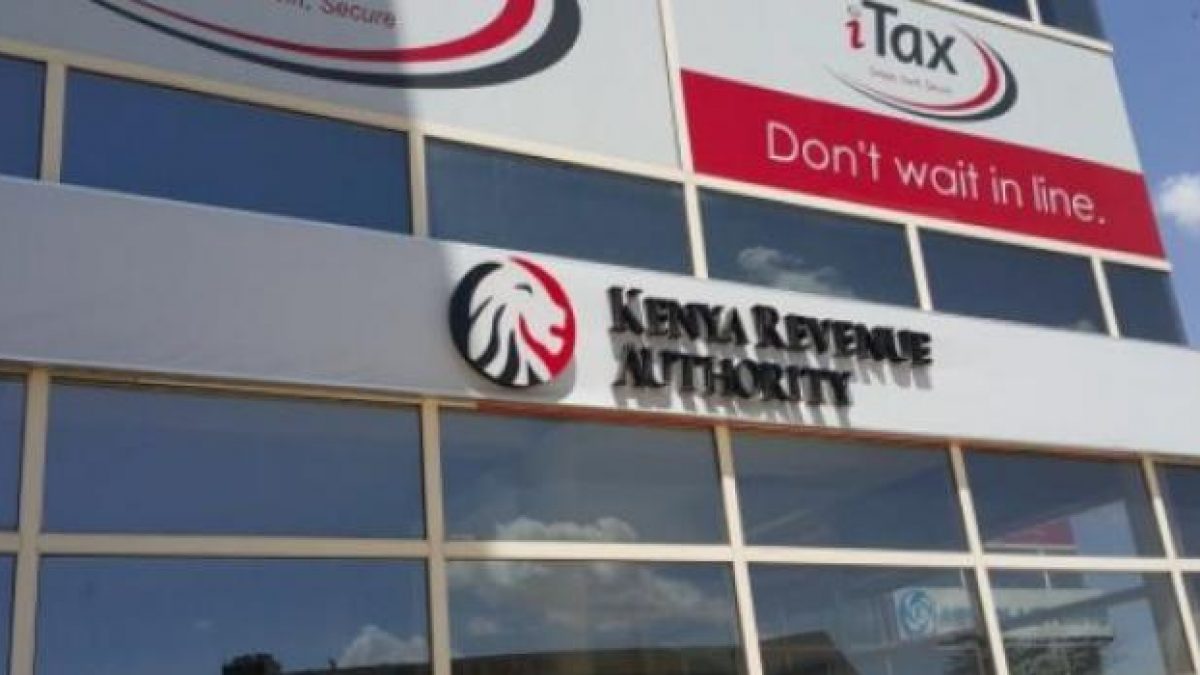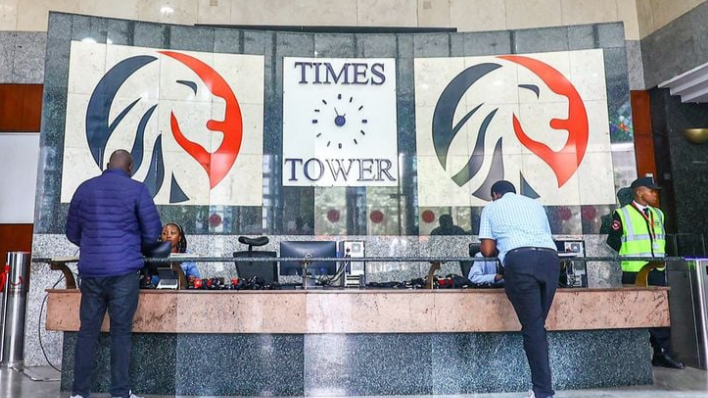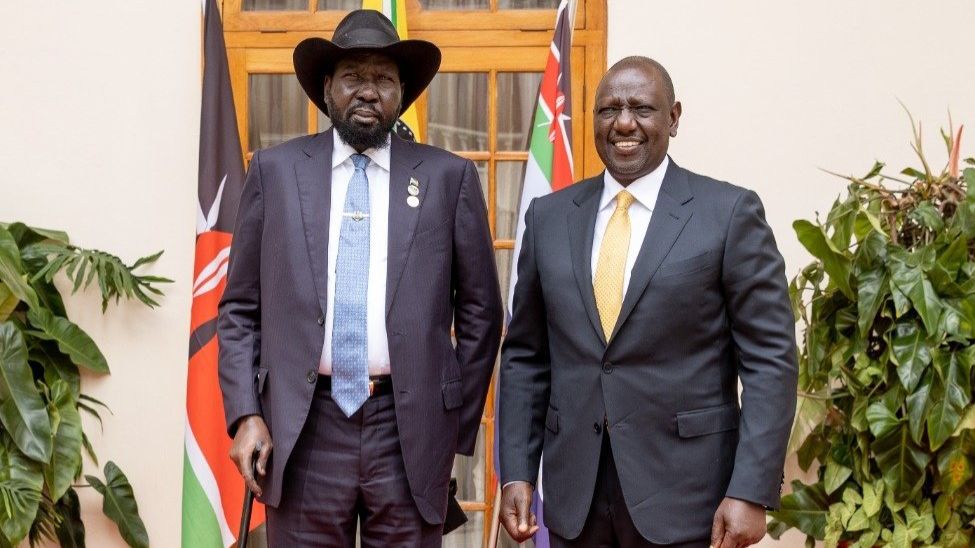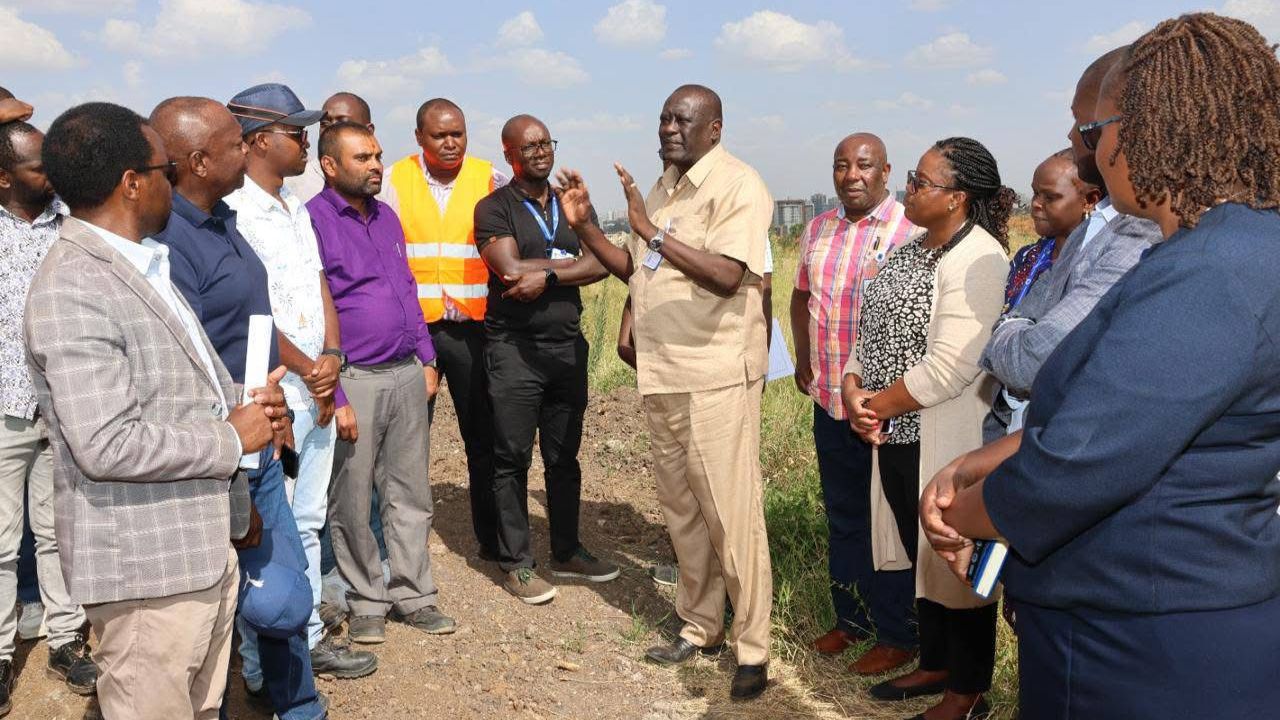The National Oil Corporation of Kenya (NOCK) is set to distribute 8.5 million Liquefied Petroleum Gas (LPG) cylinders to low-income households across the country.
Speaking during the launch of the Makueni Energy Plan 2023-2032 in Wote, NOCK CEO Gideon Leparan Ole Morintat said the state corporation is teaming up with the Kenya Pipeline Company (KPC), the Department of Petroleum and Saudi Aramco to run the initiative under the Oil Sustainability Programme.
Leparan said the collaboration between the four corporations would support the production, packaging, and distribution of LPG within the country.
“We will ensure 8.5 million cylinders are distributed to low-income households in the country. We are running a programme to provide subsidized LPG cylinders to Kenyans at a price of Ksh2,000.
"I will work with officers from the Energy Department at the ward level, along with energy champions, to identify beneficiaries in the county,” said Morintat.
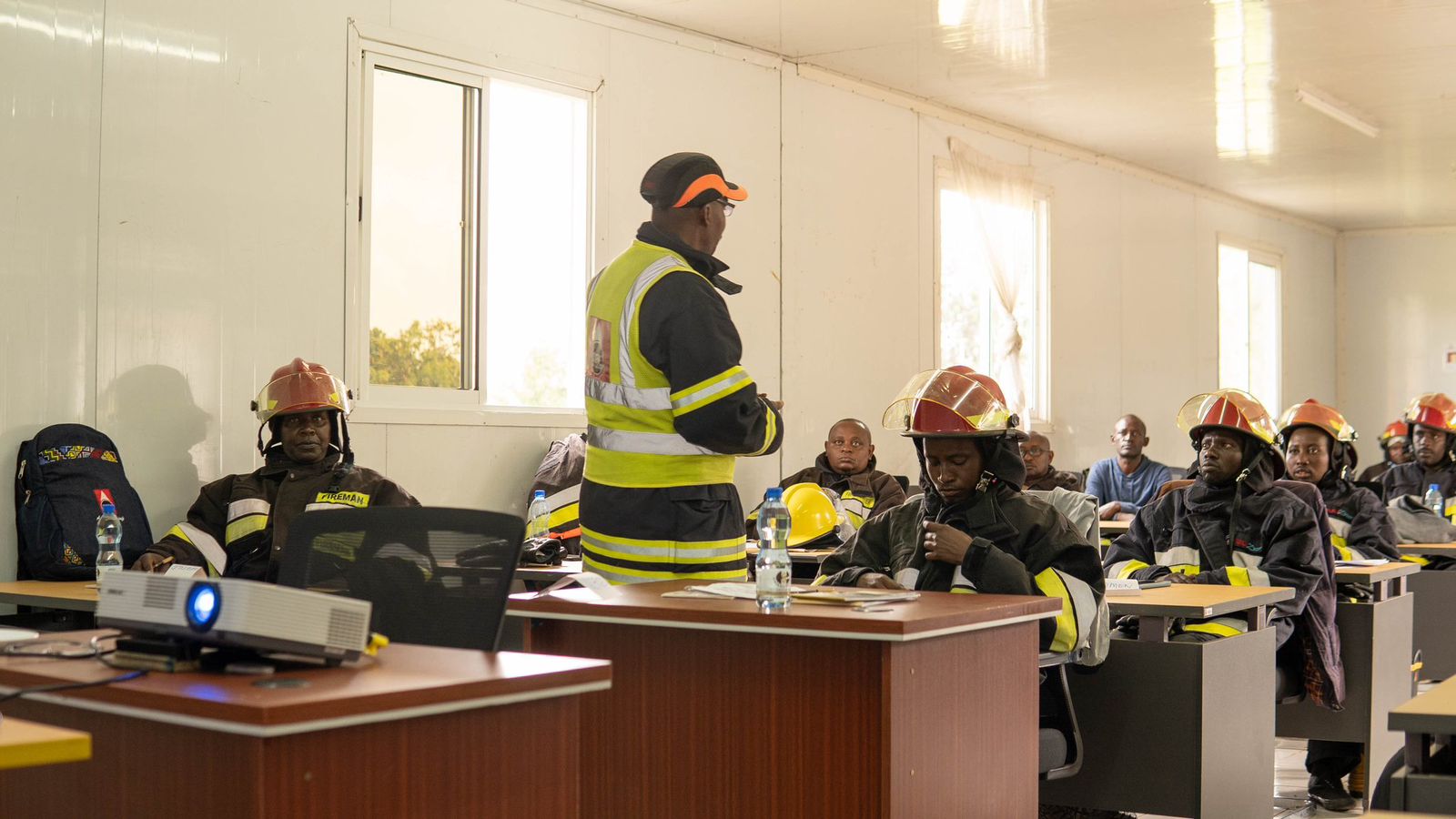
Furthermore, Morintat disclosed that NOCK is collaborating with the National Construction Authority (NCA) to enhance the LPG reticulation process.
He mentioned that the partnership would guarantee safe, efficient, and swift installation of LPG appliances in residential settings.
“The new construction code of conduct was launched last month. It will assist municipalities and counties in approving building plans to ensure that LPG reticulation is safe, efficient, and facilitates faster installation of LPG appliances in homes,” he said.
Established in 1981, NOCK is a state-owned entity responsible for managing the country's petroleum sector.
Its mandate encompasses the entire petroleum supply chain, including upstream exploration, midstream infrastructure development, and downstream marketing of petroleum products.
NOCK also operates retail stations nationwide and focuses on enhancing local oil production capabilities.
